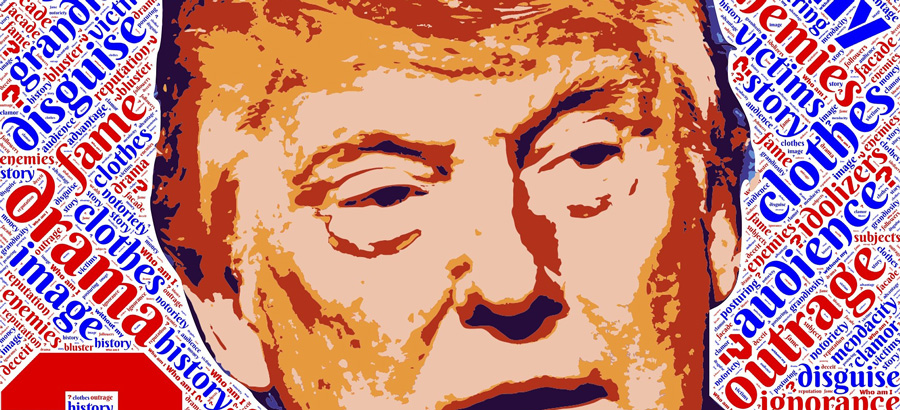
Image by John Hain from Pixabay.
In this age of instant outrage and rapid attacks, it is becoming impossible to have any serious conversations about wicked problems.
Outrage is addictive.
At a time when we feel less in control of the world, when established social roles and positions are breaking down (for good or bad), outrage gives us a sense of power and control. It is a clear black-and-white “I am right” position. And it gives us permission to lash out.
Outrage is one of the manifestations of belonging to, or identifying strongly with, a tribe. We seek to belong to tribes around religion, political leanings, race, gender/other social issues, and even conspiracies. When our tribe or tribal identity are threatened, we are compelled to defend them. We rally other members to do so. This is the pack mentality innate to us as a social animal.
The more addicted to outrage we become, the more sensitised we are to threats. This sensitivity can grow to become destructive. When we start to see threats where there is none, or where none was intended. This makes difficult conversations just about impossible to have.
This behaviour is often seen on social media. Mention any marginalised group in any vaguely non-complimentary statement, and some people will rush in with cries of hate speech and with some -ist label.
The following are actual statements that have seen their authors labeled as racist or misogynist. I have removed tribal identifiers to highlight how irrational the trigger to outrage can be.
- Some members of this marginalised group hold unhelpful beliefs about an issue.
- The person behaving badly happens to be a member of this marginalised group. This person should be held accountable.
- In history, members of this marginalised group engaged in destructive antisocial behaviours.
Malicious intent is often immediately and reflexively ascribed. There is no interest in understanding or attempts to assess intent. There is only black-and-white thinking: if you are not with me, you must be against me.
When other commenters attempted to engage in discussion, and ask why offence was taken, the outraged often sticks to their outrage and digs deeper into their position.
How do we begin to have really hard discussions?